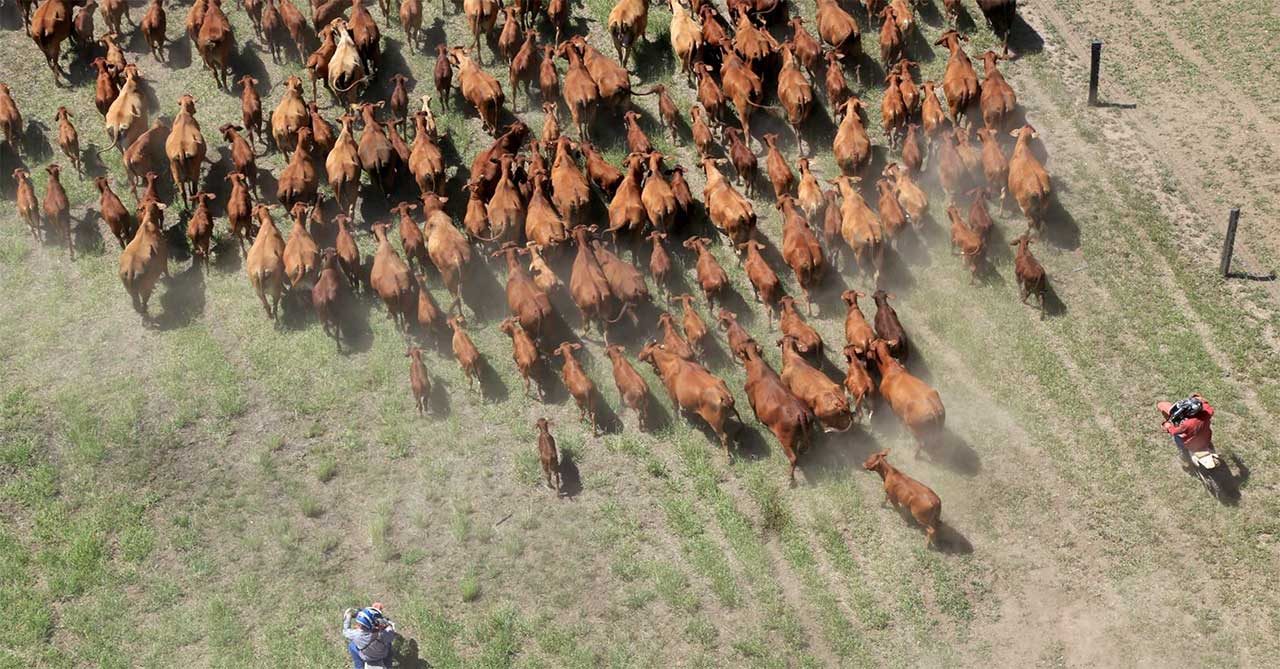This article is from the Australian Property Journal archive
CBRE has significantly boosted its agribusiness and advisory services team, recruiting 13 new valuers, including John Harrison at the helm.
Harrison will join CBRE as head of its agribusiness and advisory services team, along with 12 other new hires, after a decade at Colliers International, where he most recently led the firm’s national agribusiness valuations team.
“CBRE has been able to attract some of the most experienced industry experts within Agribusiness valuations and I am excited to be working alongside such highly regarded professionals,” said Harrison.
Harrison will be supported by an expert leadership team in his new role, including Angus Shaw, Andrew Loughnan, Alex Thamm and Simon Altschwager, leading CBRE’s agribusiness specific quality and risk management function.
“The attraction to join CBRE was primarily due to the company’s strong global brand presence and the extensive resources available. This will enable our team to provide high quality and efficient valuation services and become the national provider of choice in agribusiness property, with the capability to service all states and territories of Australia,” added Harrison.

With other hires including Alex Thamm, James Beveridge, Sam Douglas and Amy Retell, CBRE now boasts a 20-plus person strong team across all the country’s major geographies.
“These appointments highlight CBRE’s commitment to Australia’s thriving agricultural sector. Our focus is to provide our clients with a fully differentiated service offering across all agribusiness asset classes and geographic locations given the considerable growth opportunities in this market sector,” said Jarrod Frazer, senior managing director of residential and agribusiness valuations at CBRE.
Harrison also noted the low interest rate environment of recent years, when paired with a limited number of listings, has led to surging rural land values, making for a strong resilient investment sector in Australian farmland.
“This has enabled producers – particularly family groups – to expand and achieve greater economies of scale. We’ve also witnessed appetite from several investors with mandates to deploy capital in Australian agricultural property, with a focus on land value appreciation and security of revenue streams,” said Harrison.
In Queensland for example, where the conditions have been challenging this year, rural debt is up, reaching $24.06 billion, but while rising land values have left debt quality strong with nearly 95% rated viable or long term viable.
Harrison added that farmland investment opportunities have also been increasingly targeted by REITs and unlisted funds as they look to diversify their business models.
“Against this backdrop, sale and leaseback transactions of Australian farmland will continue to grow in the coming years as various property investors look for real estate assets offering counter-cyclical advantages to the traditional real estate asset classes of office, retail and industrial,” concluded Harrison.




